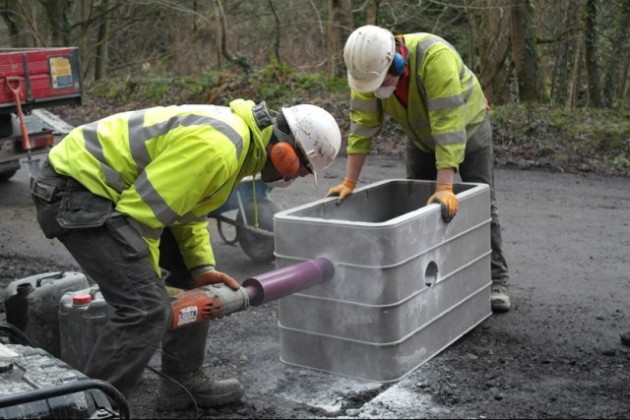Broadband download and upload speeds fell by 2 percent and 1 percent respectively, in the UK, during the Covid-19 lockdown – despite rising demand from home working, online lessons and TV streaming.
 Demands on the broadband network have been driven in part by home working and by school closures, leading to a rise in people using streaming and educational services. Some providers have reported an increase in weekday daytime traffic of between 35 and 60 percent since the coronavirus restrictions came in.
Demands on the broadband network have been driven in part by home working and by school closures, leading to a rise in people using streaming and educational services. Some providers have reported an increase in weekday daytime traffic of between 35 and 60 percent since the coronavirus restrictions came in.
Netflix download speeds fell by 3 percent in the lockdown period compared to pre-lockdown – indicating that people rushed to catch-up with their shows in their free time. Data use from increased screen time was offset by Netflix reducing the streaming quality of its content.
The proportion of rural lines receiving at least superfast broadband (30 Mbit/s and above) during peak times increased from 44 percent in 2018 to 56 percent in 2019. The proportion not receiving a decent connection (10 Mbit/s and above) at peak times fell from 33 percent to 22 percent.
Broadband speeds in rural areas lag behind those in urban areas. Urban peak-time speeds reached 75 Mbit/s, almost double the rural average of 39 Mbit/s in 2019, the report on broadband speed said.
3.5 million homes (12 percent) can access full-fibre broadband, up by a fifth since September last year.
Availability of other high-speed broadband services increased. Ultrafast broadband (speeds of 300 Mbit/s and above), is now available to 55 percent of UK households, compared to 53 percent in last update – an increase of 700,000 homes.
Superfast broadband remains available to 95 percent of UK households, but the total number of homes able to receive superfast broadband has increased by 300,000.
Around 2 percent of homes and businesses are unable to get a decent fixed broadband connection (offering download speeds of 10 Mbit/s and upload speeds of 1 Mbit/s).
Mobile coverage remains largely unchanged since December. The UK Government and four mobile network providers have agreed to develop a shared rural network, to help improve coverage across the UK. Each company has committed to deliver good-quality 4G coverage to at least 90 percent of the UK over the next six years.
